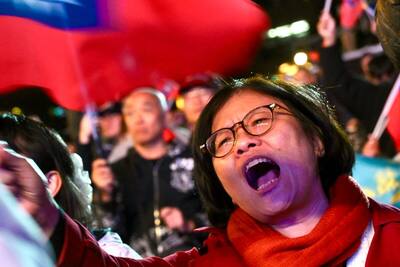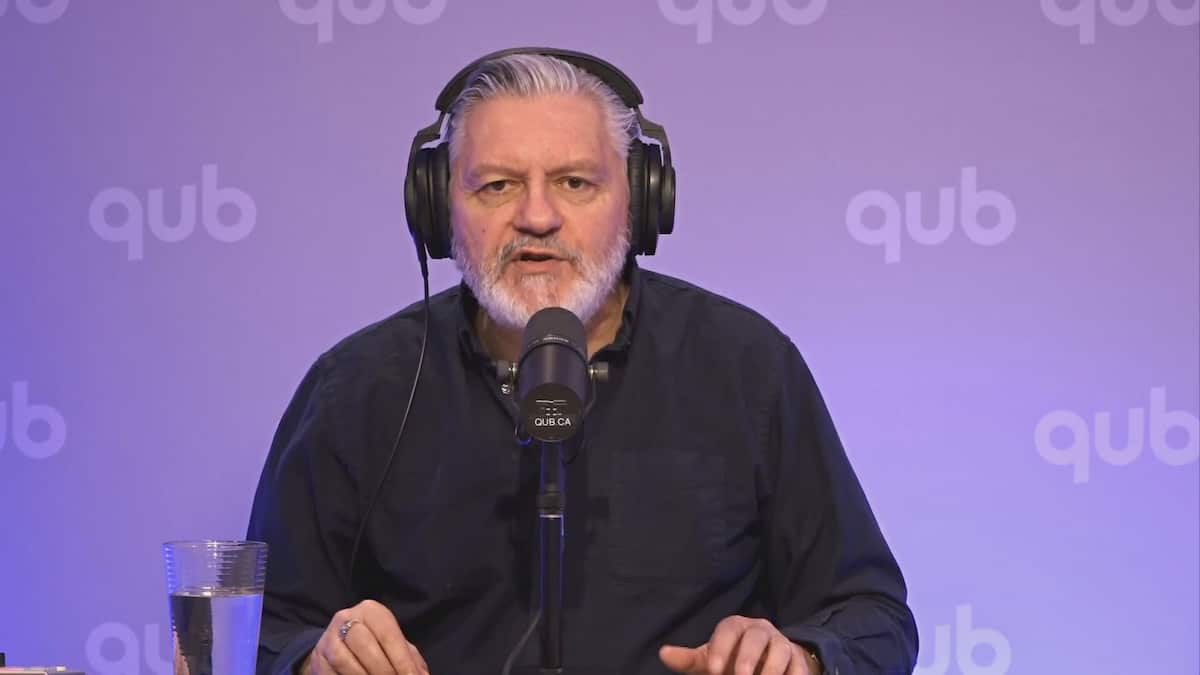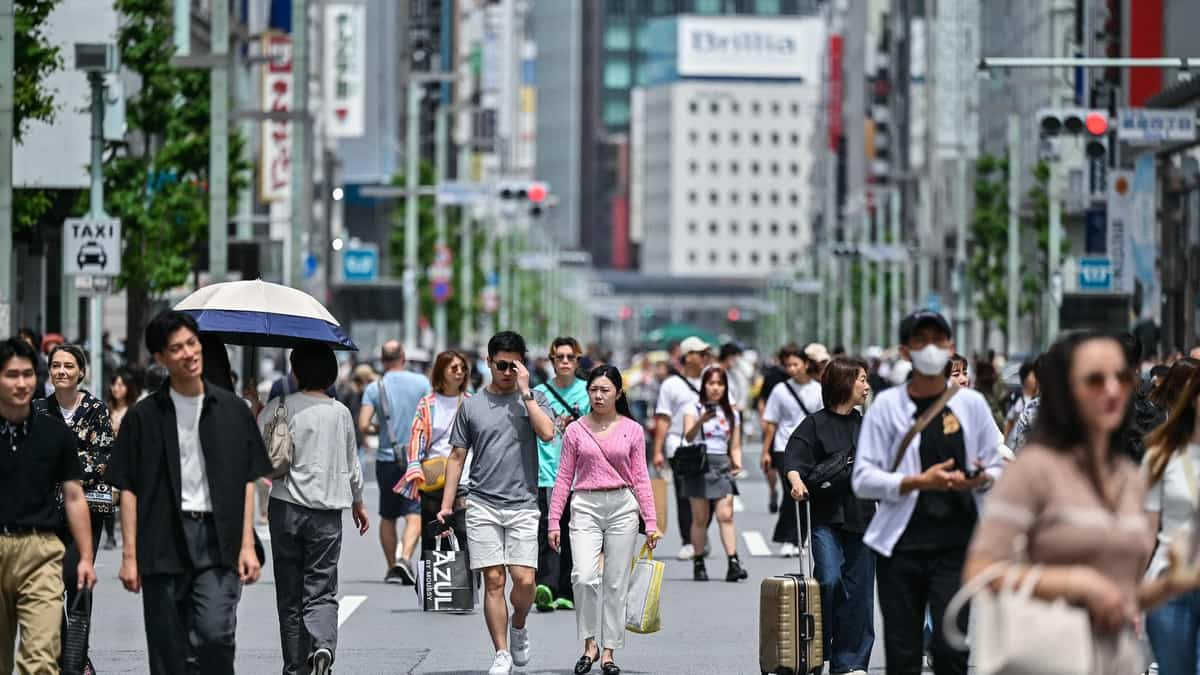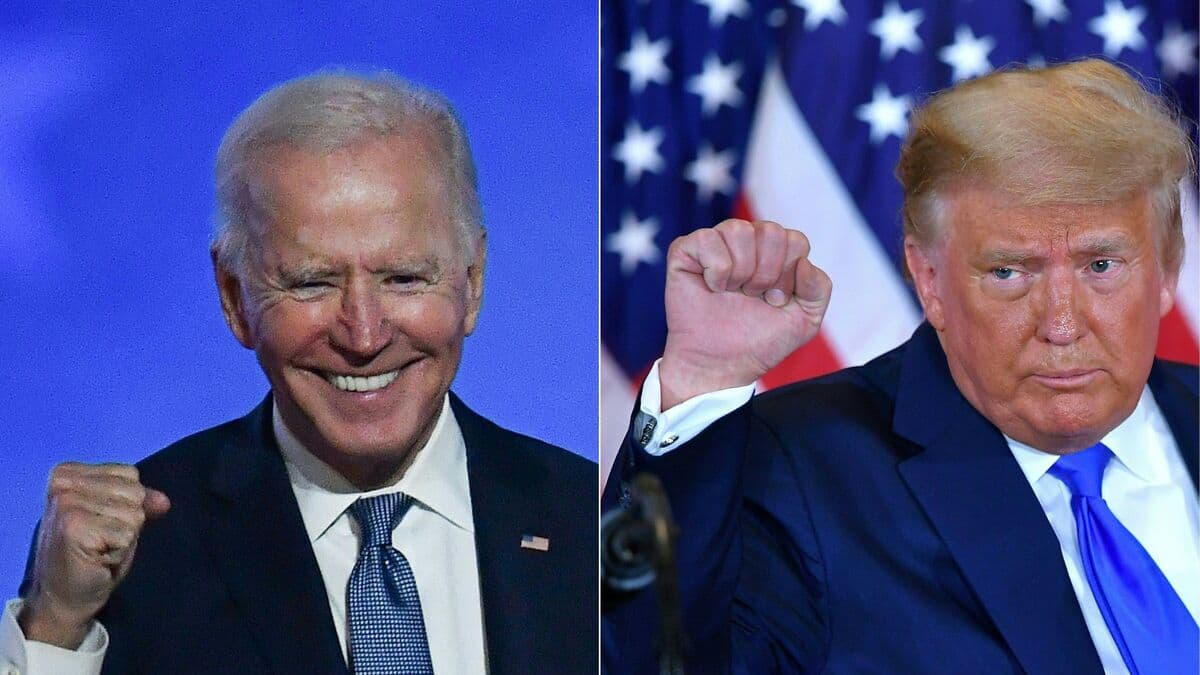
Lai Ching-te, who was criticized by China as a “grave danger” for his pro-Taiwan independence stances, won the island's presidential election on Saturday, according to the near-final official results.
• Read also: On the opposite coasts of Taiwan, the Chinese people dream of unity
• Read also: The Chinese army says it will “crush” any attempt at Taiwan independence
• Read also: China calls on the United States not to “interfere” in Taiwan's presidential elections
The outgoing Vice President, Lai Ching Tee, of the Democratic Progressive Party, received 40.2% of the votes, according to these results, which covered 98% of the polling stations.
Beijing described Lai Qing Tee, 64, as a “grave danger” because his party claims the island is de facto independent. China, which considers Taiwan one of its provinces, called on voters to make the “right choice,” and its army promised to “crush” any desire for “independence.”
His main opponent, 66-year-old Yu-Ae, the candidate of the Kuomintang (KMT) party that calls for rapprochement with Beijing, received 33.4% of the votes, according to this count conducted by the Central Electoral Commission.
At the beginning of the evening, he conceded defeat to his supporters: “I respect the final decision of the Taiwanese people” and “I congratulate Lai Ching-te and Hsiao-Pei-chim (his deputy) on their election, hoping that “they will not disappoint the expectations of the Taiwanese people.”
The third candidate, Kuo Wen-ji, 64, from the small Taiwan People's Party which presents itself as anti-regime, came in third place with 26.4%. He also admitted defeat.
Taiwanese are also voting to renew the 113-seat parliament, where the Democratic Progressive Party may lose its majority.
At nearly 18,000 polling stations, each ballot was held up and read aloud by counting officials — a process open to the public — before being counted.
The offices closed their doors at four o'clock in the evening (local time) in this region, which has a population of 23 million people and is located 180 kilometers from the Chinese coast, which is considered a model of democracy in Asia.
“The more the party moves away from China, the more I support it,” said one student who came to attend the DPP results on Saturday evening.
The young man, who only gave his last name, Huang, added: “This does not mean that we should not have exchanges with China, but it should not affect our subjectivity.”
According to a press release issued by the Taiwan Railway Company, 746,000 people are expected to board the train on Saturday, most of whom will return to vote in their hometowns, a larger number than in 2020 (about 704,000).
This is the case of Yvonne (31 years old), who was leaving for Taichung (central west of the country) and said that she was “not particularly concerned about our relations with China, because none of the candidates dared to propose any radical action.”
“Please go and vote to show the vitality of Taiwanese democracy,” Lai Ching-ti said in the morning before casting his vote at the ballot box in the gymnasium of a school in Tainan (south).
“We should all cherish our democracy and vote passionately.”
Hu Yue said he hoped that “no matter the turmoil that characterized the electoral process, everyone will unite after the vote to confront Taiwan's future.”
Throughout the week, Beijing increased its diplomatic and military pressure. On Thursday, five Chinese balloons crossed the median line that separates the autonomous island from China, according to the Taiwanese Ministry of Defense, which also monitored ten aircraft and six warships.
On Saturday, journalists from Agence France-Presse spotted a Chinese fighter plane over the town of Pingtan, the closest to Taiwan.
On the Chinese social media network Weibo, the hashtag “elections in Taiwan” was blocked in the morning.
In China, media coverage of the vote was kept to a minimum during the election campaign, and on Saturday evening, the news on state television did not mention it.
Taiwan's status is one of the most controversial topics in the rivalry between China and the United States, the territory's main military backer, and Washington plans to send an “unofficial delegation” to the island after the vote.
On Friday, the head of US diplomacy, Anthony Blinken, met in Washington with Liu Jianchao, head of the International Department of the Central Committee of the Communist Party of China.
He reminded him of the importance of “maintaining peace and stability across the Taiwan Strait.”
In Taipei, Liu Baiqi, a 40-year-old high school teacher, mocks Beijing, calling it a “paper tiger.”
“Once you understand their tricks, you will no longer be afraid,” continues this Democratic Progressive Party voter. “I hope I can stand up for my country and our democracy and tell the world about it.”
A conflict in the Taiwan Strait would be disastrous for the global economy: the island provides 70% of the planet's semiconductors, and more than 50% of the containers transported around the world pass through the strait.








